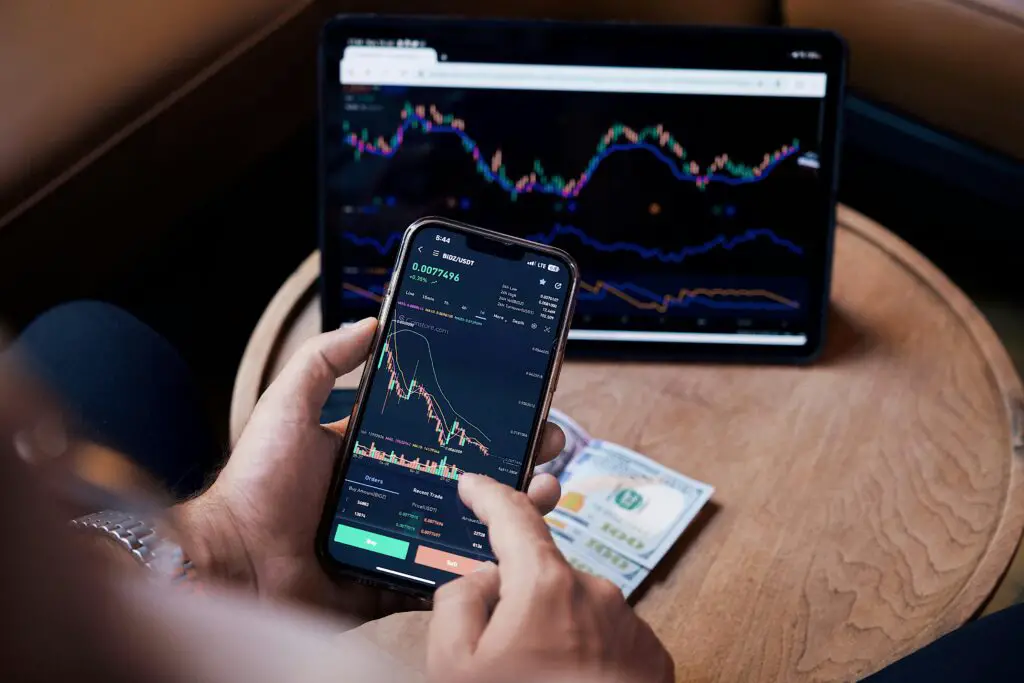The Start
It is the world’s largest stock market because deals worth tens of dollars happen daily. One of the most critical parts of forex trading is trade operation, which means carrying out a buy or sell order. This guide will discuss trade success, its essentials, and how it can be changed.
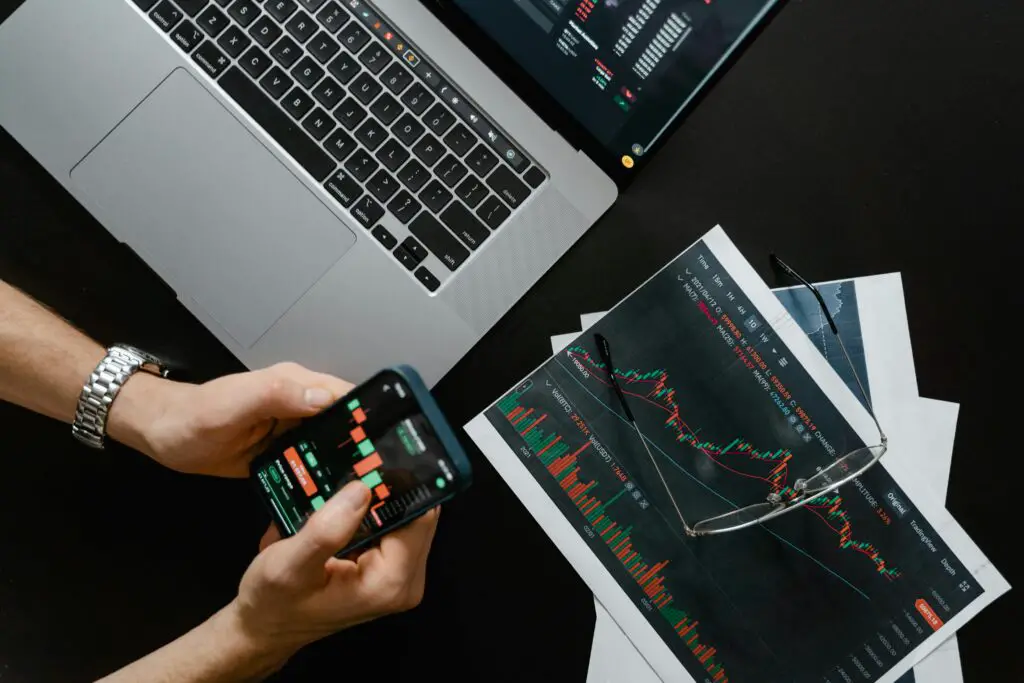
How does a deal get made?
This is the end of a trade: when you place an order to buy or sell a currency pair. When you make a deal, you want it to go through quickly and cheaply. How fast and well your trades are executed can significantly impact your trading success.
The Different Types of Orders
Before you get into the specifics of executing a deal, you need to know the different kinds of orders you can make in forex. You can place a market order at the present price, which will be sent out immediately.
You can use this to buy or sell a pair of currencies at a specific price or more. Stop-loss orders might not be filled, but if they are, they will be filled at or above the price you want. Stop orders let you keep your wins or hold on to your losses.
This order combines a stop order and a limit order. When the stop price is reached, it turns into a limit order.
What you need to know about trade execution
It is essential for trade performance to work well for several reasons:
Slip: When the performance price is not the same as the expected price, this is called a slip. Slippage stays low when you trade well, which helps you get as close to your goal price as possible.
How to Avoid Repeat Quotes: If the broker can’t fill your order at the requested price, they will give you a different price. It’s less likely that you’ll need to requote when work is done quickly and well.
To Make the Most Money: To make the most money, you should start and exit trades at the best prices and carry them out on time.
Risk management: Stopping losses and filling profit orders correctly helps keep risks in check.
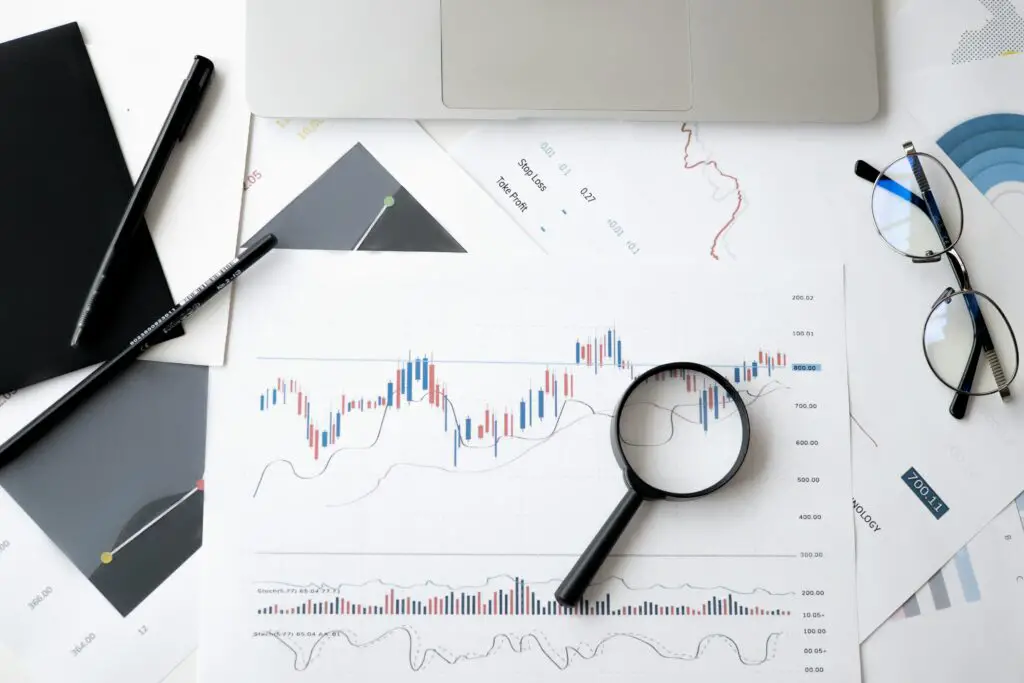
Things that change how a deal is carried out
Several things can impact how quickly and well deals are carried out:
Type of Broker: Market makers and electronic communication networks (ECNs) are two types of sellers. Many liquidity companies are on an ECN and can choose from them. This could mean better prices and faster delivery.
Liquidity is high when many people buy and sell things in the market. This usually means that production prices are better. Many people can buy and sell essential currency pairs, like EUR/USD and USD/JPY.
Conditions of the Market: Prices can change quickly in uncertain markets, making it hard to trade. News events, like the release of economic data or a foreign event, can cause prices to change significantly.
Technology: Your broker’s technology, such as its servers and trading tools, can affect how quickly deals are made. It works better when servers are faster, and platforms are more secure.
Size of Order: Large orders may take longer to execute, and prices may change more, especially in unstable markets.
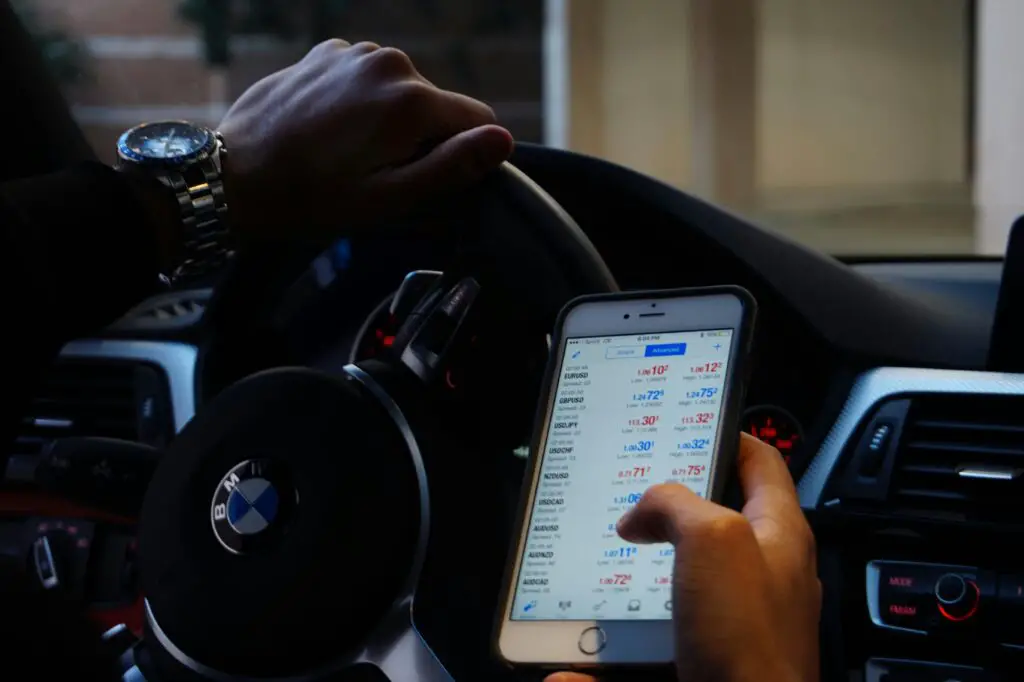
How to Get Better at Trading
You can’t change some things that affect how well a trade does, but you can do the following to improve it:
Choose a Broker You Can Believe In: Pick a business that lets you trade quickly and safely. Read reviews of different agents and see how quickly and often they mess up their deals.
Put in limit orders. Slippage is less likely when you use these orders because you can pick the price you want to sell.
If you trade at busy times, like when the London and New York rounds meet, you can get more market liquidity and trade faster.
Watch what’s going on in the market. Keep up with important business and news stories that could change the price and execution.
To improve your trades, pick a trade tool that never goes down and has fast execution speeds. Also, make sure that your online connection is solid and quick.
How the trades are carried out
Making the Order: You use your buying tool to make an order. You decide what kind of order to place and how much to buy.
Your trade tool must send an order to your broker’s server to process it. How things are done can change depending on how fast the trade happens.
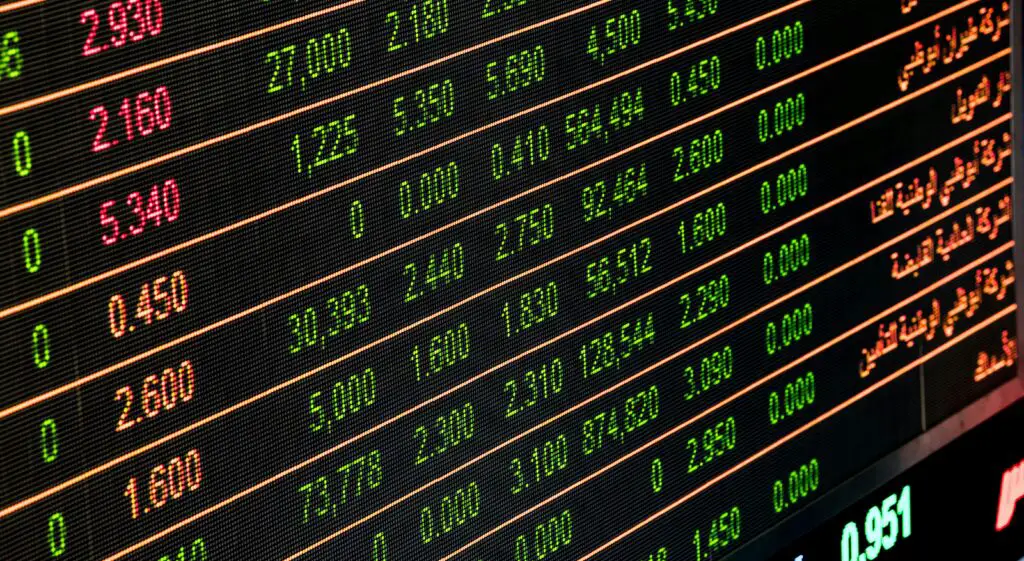
The dealer takes care of your order as soon as they receive it. The broker will try to execute a market order at the best price. When the price you set is met, the broker will execute your limit and stop orders.
The sale goes through after the order is matched with a market partner. The performance price is okay.
Proof: The price and time of the deal are written down as proof.
Things that often go wrong when trading
No matter how hard traders try, these common problems can happen when they try to finish a trade:
As we already said, a slip occurs when the performance price differs from what was expected. It happens more often when there is a lot of uncertainty.
If a broker can’t fill your order at the requested price, they will offer you a different price. This can be not good, especially in quickly changing markets.
Partial Fills: Some big orders may only be partially filled, meaning that some are filled at an agreed-upon price while others are filled at a different price.
Order Rejection: Orders can be turned down for several reasons, such as needing more funds, providing incorrect information about the order, or the market needing to improve.
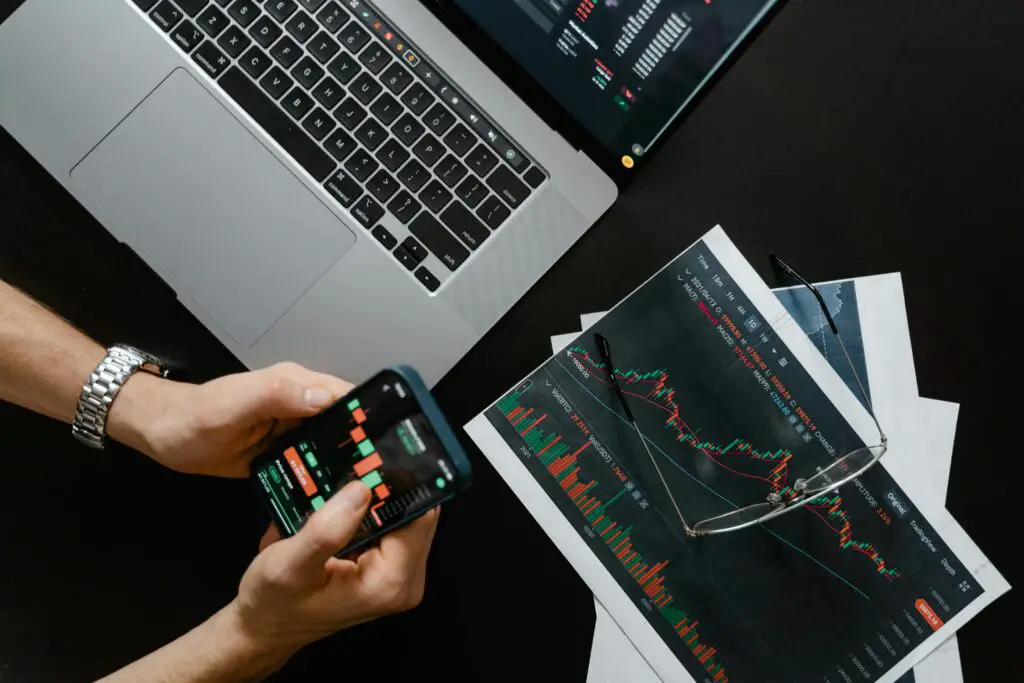
More advanced ways to make trades
Pros can get the best results from their trades with the help of advanced handling techniques:
When you scalp, you make many small moves to profit from small price changes. The deal must be done quickly and consistently to make money scalping.
Algorithmic Trading: Using computer programs to make deals based on set rules can speed up the process and reduce human mistakes.
When you hedge, you trade the opposite direction to lower your risk. This strategy might work well when the market is unstable.
When high-frequency trading (HFT) is used, many orders are executed quickly to take advantage of slight price differences.
That being said
Trade performance is an integral part of forex dealing that can significantly impact your performance. You can improve the execution of your trades and your overall performance by learning about the things that affect execution, choosing a reliable broker, and using good strategies. Always remember that the most critical parts of forex trading are picking the right trades and ensuring they are done quickly and correctly.
